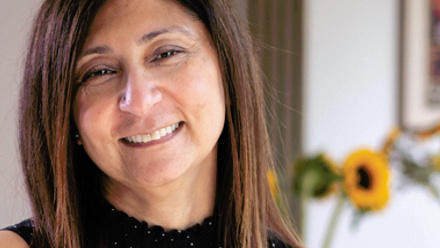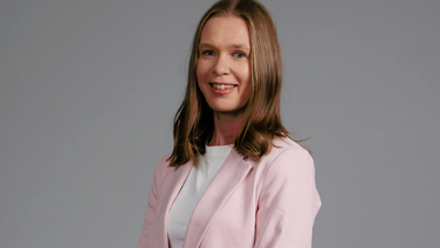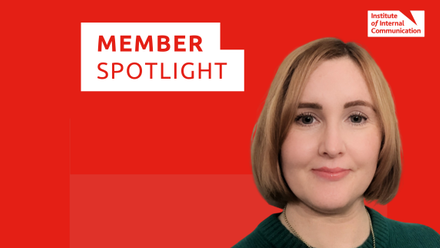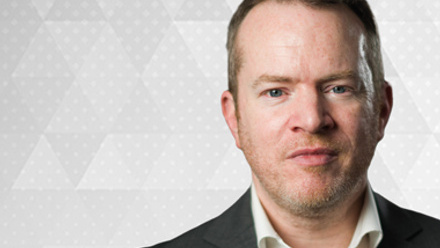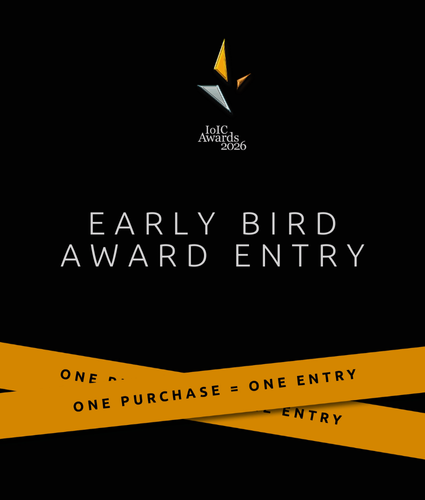Higher education just wasn't for me – or so I thought
I grew up on a council estate in one of the poorest areas in Wales. Son to a single mum, looking after two mixed race sons in a town where my brother and I were amongst a handful of people of colour, I found out at 13 (quite late by today's standards) that I was dyslexic and left school early with a hand full of GCSEs. I say this not to pull on your heart strings but to add context to my decision that higher education wasn't really an option I thought I had.
I joined the work force and started life in retail. Having climbed the ladder from weekend check out operator to Store Manager, I decided 70hr working weeks weren't for me, so joined an office as a temp - while I decided what I was going to do with my life. It was there I found Internal Communications and a vocation that I was really passionate about and one I've been in for over a decade.
Knowing the right thing to do vs proving it
Our job as communicators is often a challenging one. We know our work is important but we almost always have to explain our ideas and initiatives to the decision makers. These are often senior leaders who are hugely experienced in their own field but who may not have our experience or knowledge of IC. This is especially true in the employee engagement space, where we often have to quantify the intangible benefits of our work. It's here that the first reason to take this course shines through.
We've all seen over recent months, politicians stand in front of the camera and state "we're guided by the science", when taken to task on decision making. The IoIC Masters gave me my first real grounding in our 'science'. I'd lots of experience, gleaned from years of trial and error, over a decade of carrying out IC or Employee Engagement roles, but the Masters gave me a depth of knowledge in the theory or 'science' behind our craft, which gave me a greater confidence when explaining the rationale behind my ideas. It also lent greater credence to my reasoning, as this was no longer something that I thought was a good idea but something that was guided by leading minds in the field.
Trusting myself to be a trusted advisor
There've been many changes in our field - from the introduction of social, dealing with the myriad ways one can now work and of course, more recently, the prevalence of crisis comms management, as we all navigate the stormy seas of Covid-19. The one I've enjoyed most though was the shift from being a skilled practitioner of IC, to a trusted advisor of the leadership community within the organisation. It's here where my experience of completing the Masters really helped me kick on in my own development, in order for me to better serve my employer and colleagues – another massive benefit.
There are many more reasons why this qualification has helped me and why you should take the leap if interested but, in the interest of brevity, I'll leave you with this quote as my final one- "The best investment you can make is in yourself." - Warren Buffet
(you can always DM me on LinkedIn and I'd be happy to fill you in on all the others!)


